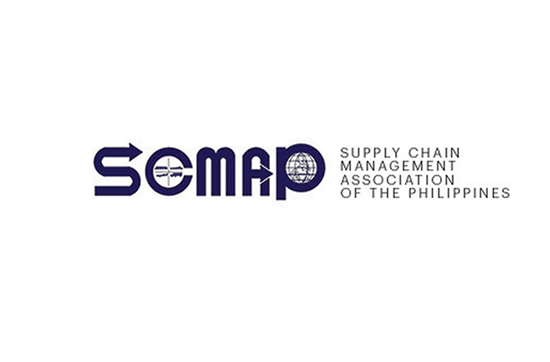Certainly, one of the challenges we at SCMAP have relished over the past few years is telling people why supply chain is so important. Personally, it always begins with defining what supply chain is, and almost always I end up saying two things: that supply chain goes beyond logistics, perhaps its most visible part; and that supply chain covers pretty much everything we do.
This is the result of the evolution of “supply chain”, of how different disciplines – distribution, warehousing, purchasing – began to work together more closely to deliver results beyond the end customer getting its product.
Those results? Value – value for the company, allowing it to continue providing for its employees, partners and other stakeholders, and also allowing it to reinvest in its products, improving them to suit changing tastes and preferences.
Value, also, for the customers – and that goes beyond the initial purpose of the product or service availed. Whether it be food or medicine important to our basic survival, or those little things that allow us to explore our passions and live our lives to the fullest, supply chain allows us to imagine the possibilities and perhaps go further than where we are right now. This may sound lofty, but you cannot underestimate the ultimate impact of our work on the human psyche.
Value, finally, for the country – with supply chain being, in many cases literally, the “backbone” of the economy, ensuring that the products are delivered, that information that will improve the product is collected, and that money, most importantly, goes around. In a consumption-centric economy like ours, the role of supply chain in connecting and moving businesses and customers cannot be undermined.
I have been thinking of all these in the past few months, when the Philippines started to take seriously the threat of COVID-19. The government was minded to close all but the most essential parts of the economy, if only to minimize physical contact, but in the first few weeks of community quarantine – thanks to concerns raised by various stakeholders, including us at SCMAP – it began to realize the interconnectivity of various industries, of how “non-essential” sectors play a critical role in ensuring the quality of the “essential” supplies. It soon began to allow these sectors to reopen; it also strengthened support for sectors deemed important to survival – the continuing operation of supermarkets and drugstores, the allowing of logistics and delivery companies to travel past checkpoints and quarantine borders.
I, for one, can hope that the past twelve weeks provides everyone with an even better appreciation of the importance of supply chain. Yes, defining “supply chain” as an industry may be difficult, since it covers so many sectors, from agriculture to manufacturing, from distribution to retail, from logistics providers to financial services to technology developers. Perhaps the challenge lies in how supply chain is not so much an industry but a mindset. We are lucky that our membership includes the biggest players in the economy, providing us with a view of supply chain that is circular in nature – from the supplier, to the manufacturer, to the retailer, to the customer, and back. There may be the urge to just focus on the most visible aspect of supply chain, but this holistic perspective allows us to present a more well-rounded understanding of the value supply chain truly provides.
And how do we do that? At the risk of sounding lofty again, supply chain runs on trust. Supply chain depends on various, disparate sectors to meet eye-to-eye, understand the (positive) desired results, and work together to achieve that. To get there, stakeholders must break down the “silo thinking” imposed by traditional corporate structures, and work together across departments. There must be efforts to properly coordinate actions. There must be confidence in the data presented so everyone truly knows they’re working in the right direction. There must be an openness to embrace new approaches, but not for the sake of having something new, rather to improve the way we do things and to better serve our stakeholders and customers.
Finally, it must always be remembered that our work does not stop with delivering the product to the customer. We are able to serve our customers because they have put their trust in us, because they have determined we can bring value to them. If we let them down, that trust is difficult to recover.
Henrik Batallones is the marketing and communications director of SCMAP, and editor-in-chief of its official publication, Supply Chain Philippines. More information about SCMAP is available at scmap.org.





